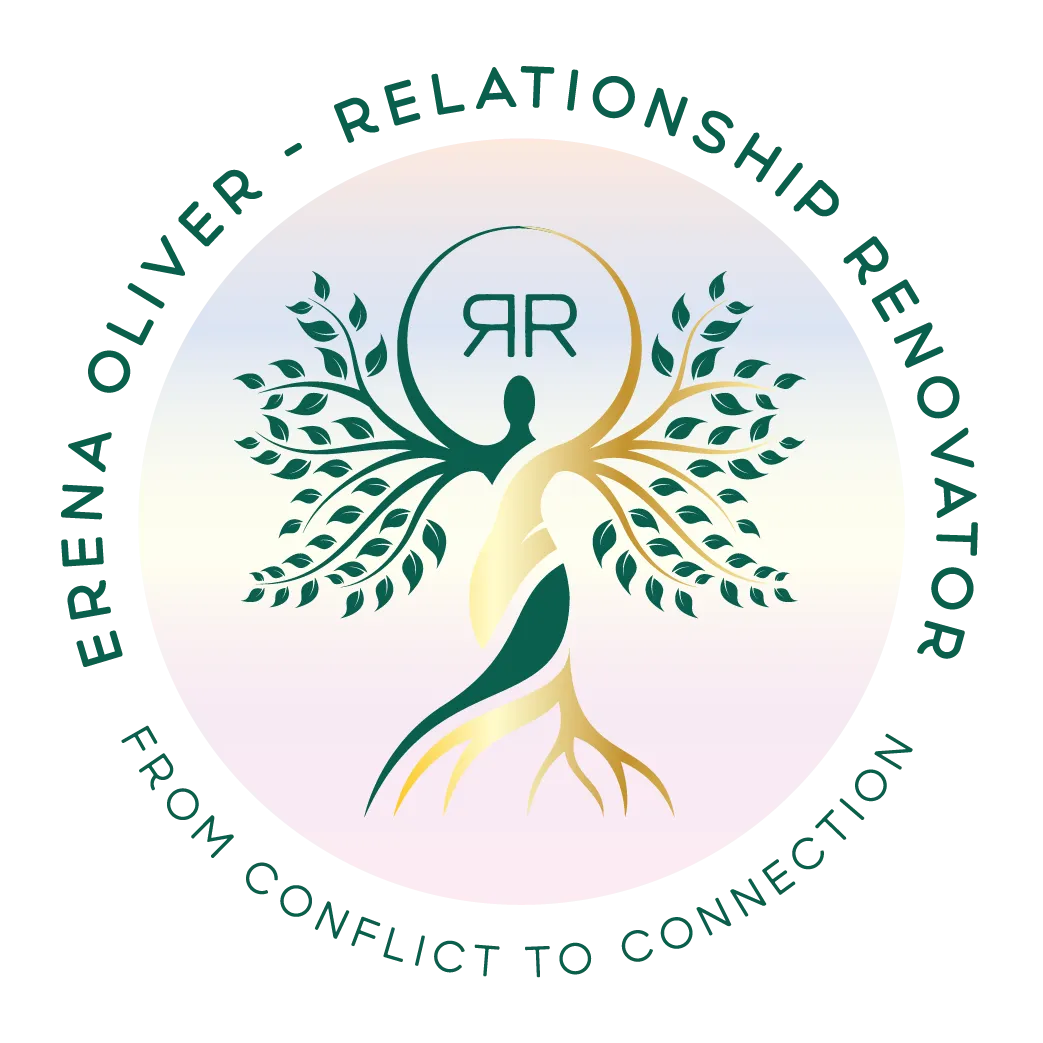From Harsh Words to Healing
How to Turn Criticism into Kindness for Yourself - For those feeling weighed down by the words of others, I invite you to discover the power of transforming criticism into self-compassion. Let's explore this journey together!
The Illusion of Self-Criticism
Welcome, dear friends, to a space where we can speak honestly about the whispers of self-doubt that echo in our minds. Imagine a world where we are kind to ourselves, as kind as we are to strangers. Self-criticism has a way of distorting our reality, painting a landscape far from the truth, and leading us to believe we are misplaced or even displaced in our own lives.
It's like a seed that sprouts into a tree of destruction, branching out into thoughts of victimhood and blame. This gnarly tree overshadows our ability to take responsibility for our actions, and more importantly, our thoughts. Instead, we become embroiled in a cycle of guilt, depression, anxiety - all tributaries flowing from the same poisoned well.
The Vicious Cycle of Self-Criticism
Our inner dialogue can often become a relentless critic. The silent or sometimes out-loud assertions, "I am a failure," "No one can love me," "I can't do anything right," become a broken record of falsehoods, convincing us of their truth. But let's pause and recognize - these thoughts are not always accurate reflections of reality. They're not even necessarily realistic or meaningful.
The cruel irony is that we think these self-critical narratives are protectors, guards against complacency. Yet, they are the saboteurs of our self-esteem, the destroyers of drive, stifling our growth and zest for life.
Constructive Feedback vs. Destructive Self-Criticism
It's imperative to distinguish between unconstructive self-criticism and constructive feedback. The former is a harsh, unforgiving judge that condemns us, disconnecting us from reality. The latter is an honest and considerate mentor, providing insights into our behavior and work, steering us towards growth and discovery.
To confront our inner critics is to engage in one of life's bravest battles. It's a step towards retraining our thoughts away from the hopelessness self-criticism breeds.
The Practice of Self-Appreciation
So, how do we step out of this vicious cycle? By practicing self-appreciation and reminding ourselves that what we focus on becomes our reality. Shifting our internal dialogue from self-criticism to self-appreciation may not be easy, but it is undoubtedly worth every effort.
And if self-criticism creeps back in, as it often will, remember, you've banished it before and can do so again. With practice, the duration and intensity of these bouts will lessen.
Conclusion: Fostering a Friendship with Ourselves
In the end, the practice of constructive feedback allows us to see the truth in our lives. Talking to a friend or loved one can help put things into perspective. Ask yourself, "Would I talk to my best friend the way I talk to myself?" Likely, the answer is no.
Use that realization as a stepping stone to change your thoughts to those that would attract friendship, to those that highlight all that is wonderful in your life.
Life is an ongoing practice, a series of lessons in loving and appreciating ourselves so that we can love others genuinely. As you continue your journey, remember to hold yourself in kindness and practice gratitude for the incredible person you are.







